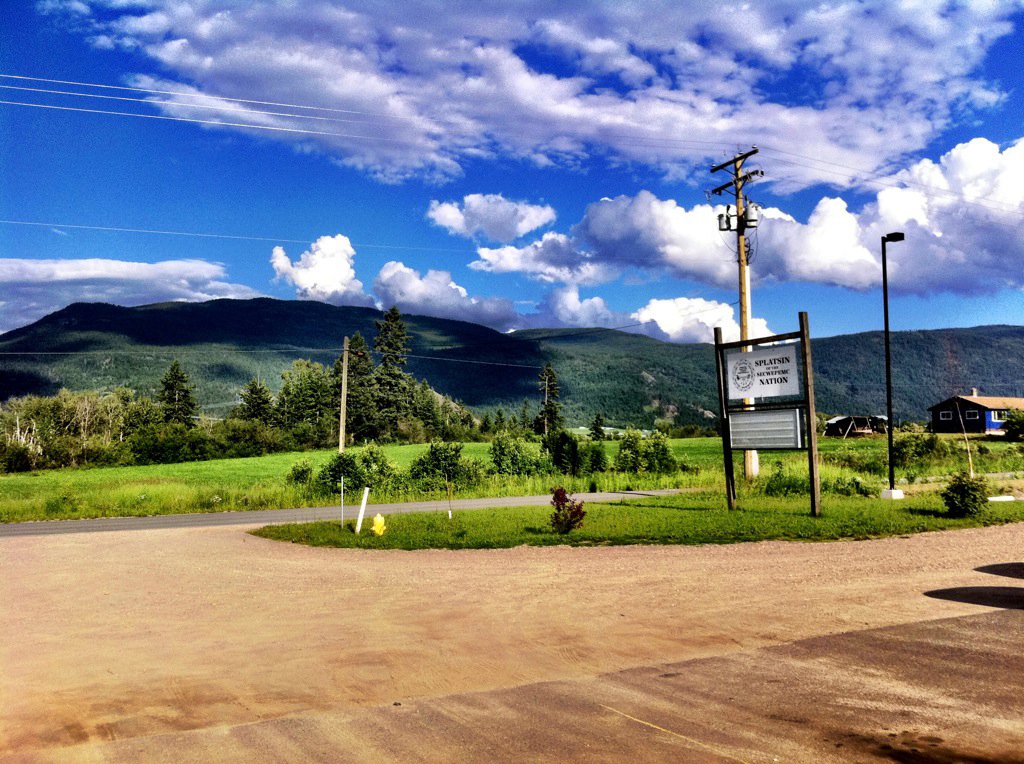The Government of British Columbia has announced that it will provide $950,000 for alternative drinking water sources, treatment for domestic well users, and sustainable, environmentally appropriate farming the Hullcar Valley.
The Province will work with the Township of Spallumcheen, Splatsin, Steele Springs Water District, Interior Health, and First Nations Health Authority around the mechanics and timelines for bringing the alternative drinking water sources online.
“Splatsin acknowledges B.C.’s commitment providing financial resources to lay the groundwork for safe clean drinking as we see this as a basic human right. We are cautiously optimistic as we need to see results from these investments in providing clean safe drinking water to the residents of the Hullcar Valley,” said Chief Wayne Christian of the Splastin First Nation.
A portion of the funding will also be used to develop and implement nutrient management plans for farms located over the Hullcar Aquifer. This investment will include an action plan for agricultural operators.
Residents within the Steele Springs Water District drawing water from Hullcar Aquifer 103 have been under a water-quality advisory since 2014, due to elevated nitrate levels in their drinking water source.
Comprehensive testing and analysis done to-date shows a combination of factors are likely affecting the aquifer, with nitrate pollution coming from several sources.
The inter-ministry working group, established last year, will continue to evaluate and manage the sources of nitrates and work with agricultural operators to identify and implement improved nutrient management practices.
Janice Brown, mayor of Spallumcheen, said she was pleased with the province’s action and work to fix the area’s nutrient problem. “I look forward to the Province’s continued work to identify and manage the source of nitrates and work with our local agricultural industry to improve nutrient management practices.”
The Ministry of Environment issued Pollution Prevention and Pollution Abatement Orders to several local agricultural operations last year after water-quality results and inspections concluded there are reasonable grounds to believe they are contributing to the high nitrate levels. The orders require agricultural operators to better manage agricultural waste through a variety of best practices and to track the success of these actions.













